Trump's Kashmir Mediation Offer Puts India in Diplomatic Dilemma
For decades, India has firmly rejected third-party mediation on Kashmir—making President Trump’s intervention both unprecedented and controversial.US President Donald Trump's unexpected offer to mediate the long-standing Kashmir dispute has placed India in a difficult diplomatic position, challenging a policy that has remained virtually unchanged for decades.
In a surprise move, Trump took to social media on Saturday to announce that India and Pakistan had agreed to a "full and immediate ceasefire" following several days of intense cross-border clashes. He credited US diplomatic efforts for brokering the truce and followed up with a bold statement: "I will work with you both to see if, after a thousand years, a solution can be arrived at, concerning Kashmir."
Trump’s comments have touched a raw nerve in New Delhi, where the issue of Kashmir is considered a matter of national sovereignty and firmly off-limits to external involvement. The dispute dates back to 1947, when British colonial rule ended and the subcontinent was divided into India and Pakistan. Both nations claim Kashmir in full but control it in parts.
Despite numerous bilateral attempts at resolution, the conflict remains unresolved. India continues to treat Kashmir as an integral part of the country and has long resisted any third-party intervention, particularly from global powers.
The recent flare-up began after India launched air strikes targeting what it said were terrorist camps in Pakistan, in retaliation for an attack that killed 26 tourists in Indian-administered Kashmir. India blamed Pakistan for the attack, an allegation that Islamabad denies.
As tensions escalated—with both countries using fighter jets, drones, and missiles—US mediation reportedly helped de-escalate the situation. However, Trump’s public offer of mediation has generated concern in India, which views such external involvement as a challenge to its longstanding diplomatic stance.
Former Indian Foreign Secretary Shyam Saran told the BBC, "Obviously, it would not be welcome by the Indian side. It goes against our stated position for many years." Pakistan, in contrast, has welcomed Trump’s remarks, calling them a "positive step" toward resolving a decades-old conflict.
"We appreciate President Trump's expressed willingness to support efforts aimed at the resolution of the Jammu and Kashmir dispute," Pakistan's foreign ministry said in a statement.
India's position on Kashmir has become more rigid, especially since 2019 when it revoked the region’s special constitutional status—a move that sparked widespread protests. Trump's latest remarks are seen by many Indians as an attempt to internationalize the issue.
India’s main opposition party, the Indian National Congress, demanded an explanation from the Modi government and called for an all-party meeting in response to the ceasefire announcement originating from Washington.
“Have we opened the doors to third-party mediation?” asked Congress spokesman Jairam Ramesh. “The Indian National Congress would like to know if diplomatic channels between India and Pakistan are being reopened.”
Further fueling the debate, US Secretary of State Marco Rubio stated that India and Pakistan had agreed to begin talks on a broader range of issues at a neutral location—another development that reportedly caught Indian officials off guard.
India has historically refused bilateral talks with Pakistan on grounds that Islamabad continues to support cross-border terrorism. Citing the 1972 Simla Agreement, Indian officials stress that both nations agreed to resolve all disputes through bilateral dialogue alone.
New Delhi also points to past betrayals, such as the 1999 Kargil conflict, which erupted shortly after both nations had pledged peaceful negotiations. India accuses Pakistan’s military of undermining previous peace efforts initiated by civilian governments.
While the Indian government has yet to issue an official response to Trump's offer, Foreign Minister S. Jaishankar reaffirmed India’s firm stance on terrorism, stating: "India has consistently maintained a firm and uncompromising stance against terrorism in all its forms and manifestations. It will continue to do so."
This is widely seen as a signal that India does not intend to resume direct talks with Pakistan in the near future.
In contrast, Pakistan views the US involvement as a diplomatic win. "Pakistan has always welcomed third-party mediation due to the lack of trust between the two nations," said Imtiaz Gul, Executive Director of the Centre for Research and Security Studies in Islamabad.
Strategic analyst Syed Muhammad Ali echoed this sentiment, arguing that the international community must intervene to prevent future escalations. “Kashmir is one of the most critical issues globally. The recent escalation shows how quickly things can spiral out of control,” he said.
India’s assertive foreign policy under Prime Minister Narendra Modi has often been cited as a sign of the country’s emergence as a global power. Yet balancing its strategic ties with the US while rejecting Washington’s mediation offer will be a delicate act.
India has increasingly aligned itself with the US and its allies—especially as part of the Quad (India, the US, Japan, and Australia), formed to counter China’s growing influence in the Indo-Pacific. The US has also become India’s top trading partner, with bilateral trade reaching $130 billion in 2024, and ongoing negotiations are underway to finalize a trade agreement that could benefit both economies.
Previous US administrations largely respected India’s sensitivities over Kashmir and refrained from intervention. However, with President Trump’s unpredictable diplomatic style, New Delhi now finds itself navigating unfamiliar territory.
While keen to maintain strong US relations—both economically and strategically—India will be wary of any attempt to expand the current ceasefire understanding into broader negotiations. With domestic political consequences at stake, Prime Minister Modi is unlikely to welcome international interference in what India considers a domestic issue.

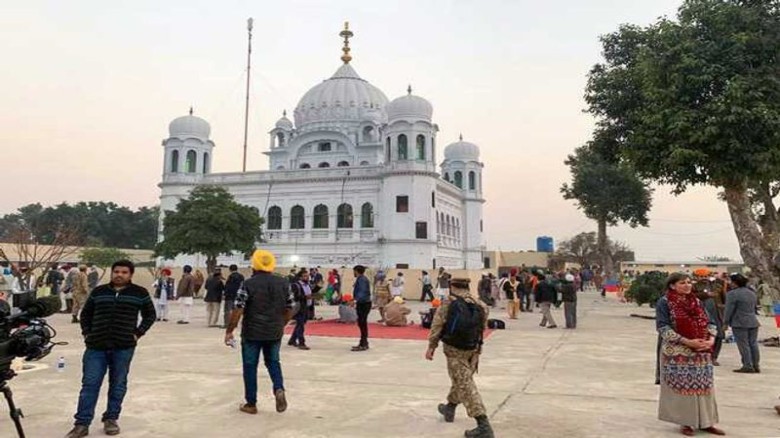
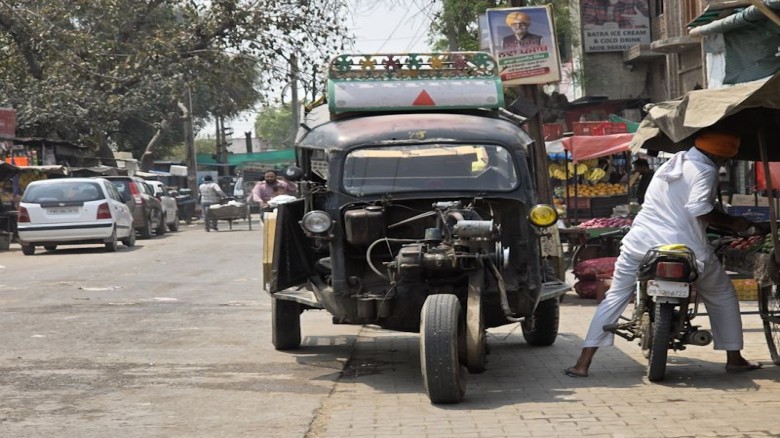

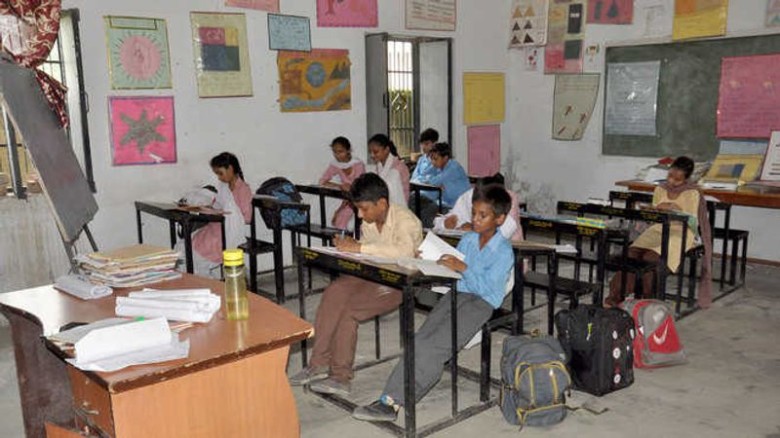



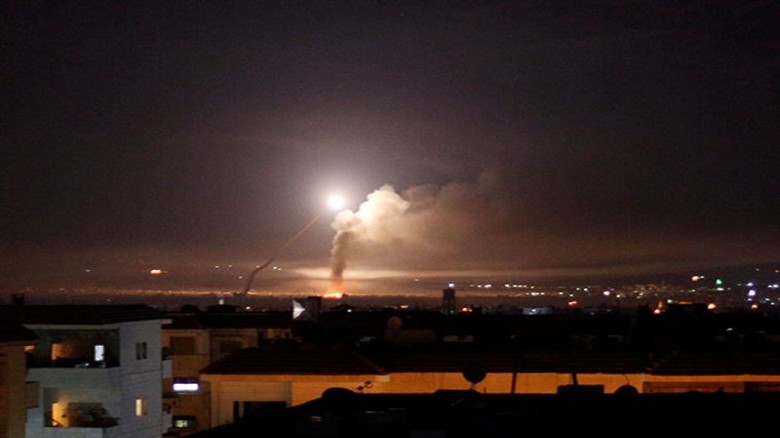


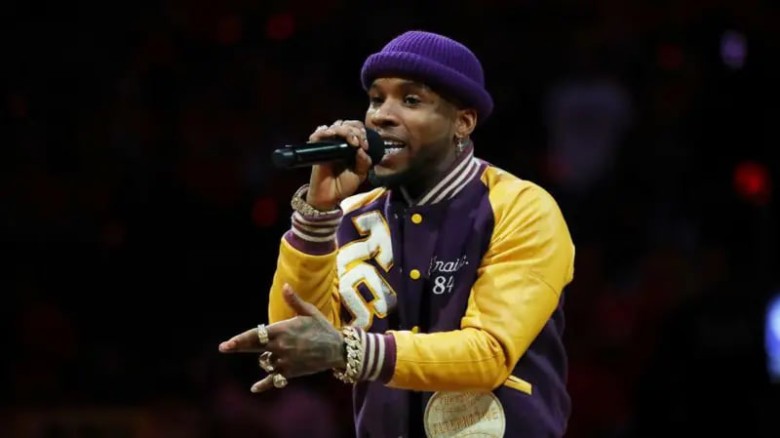



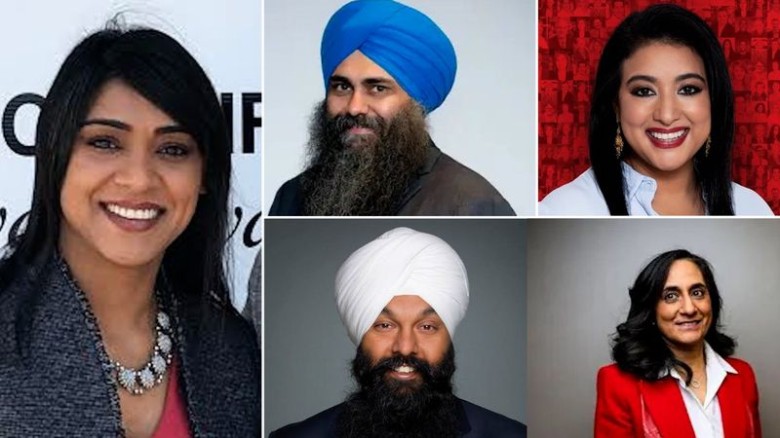





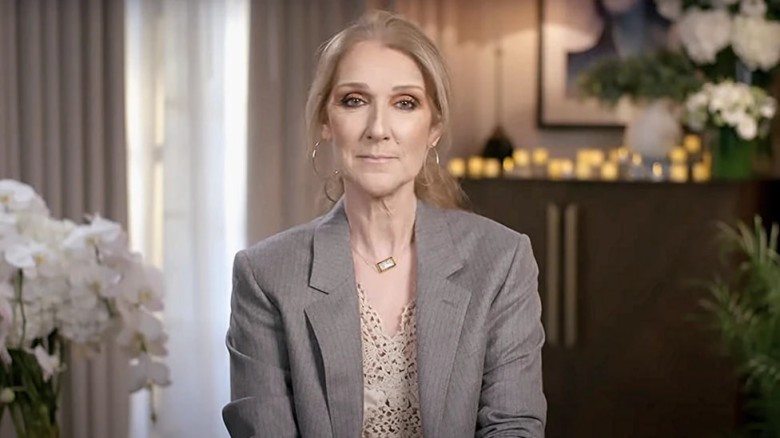



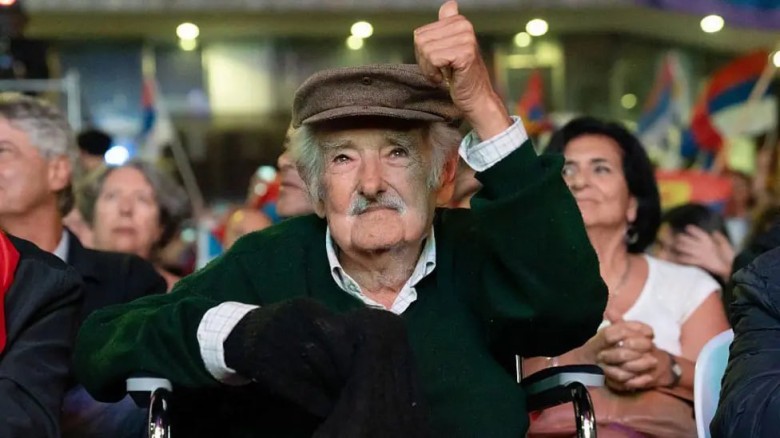
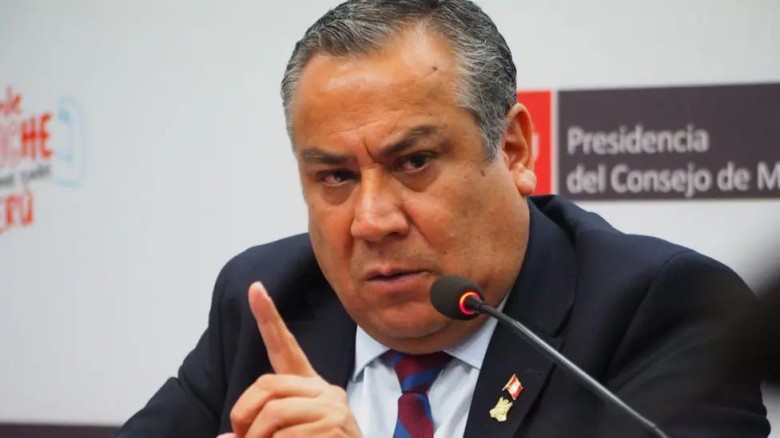

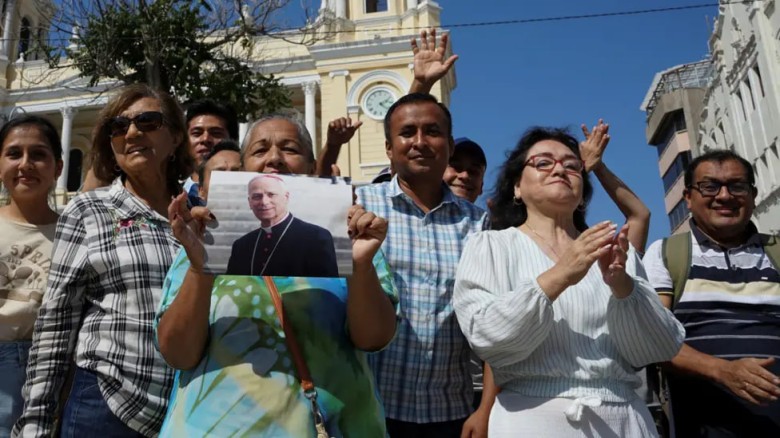










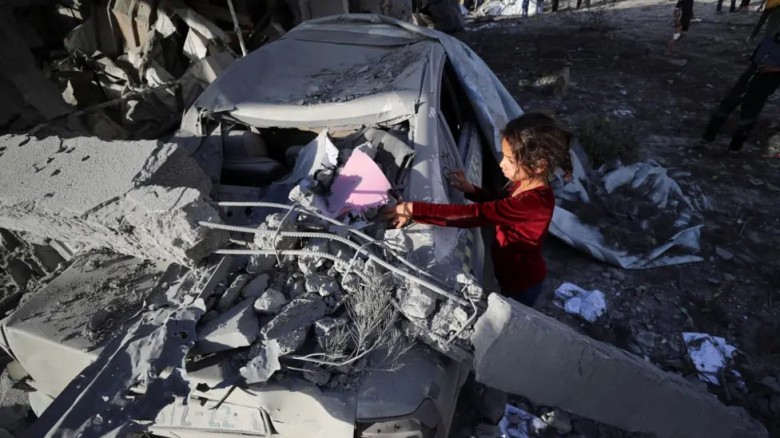
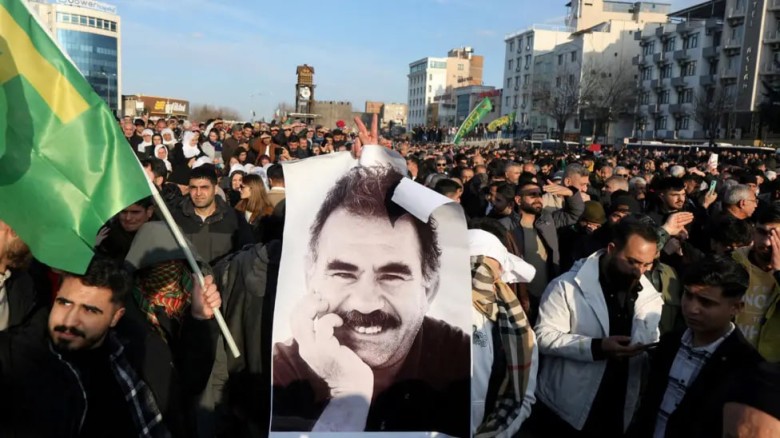
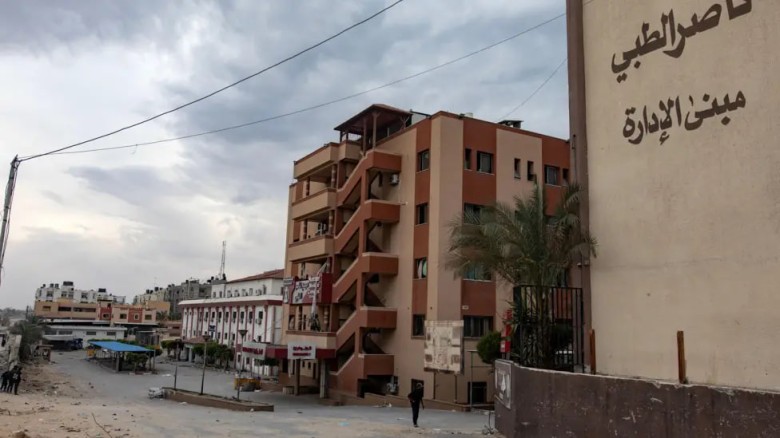







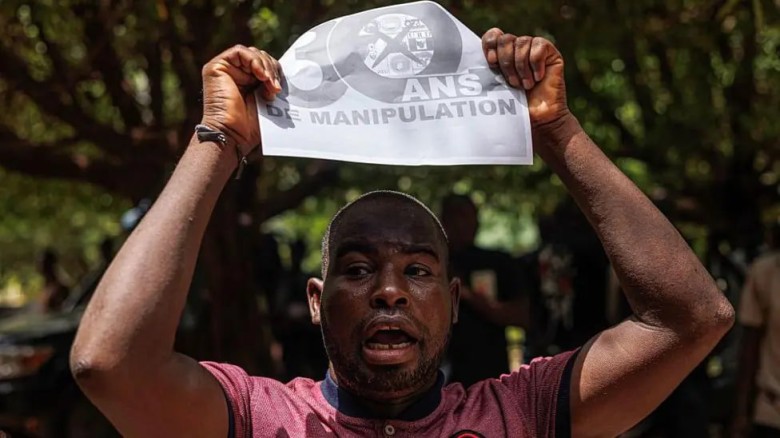


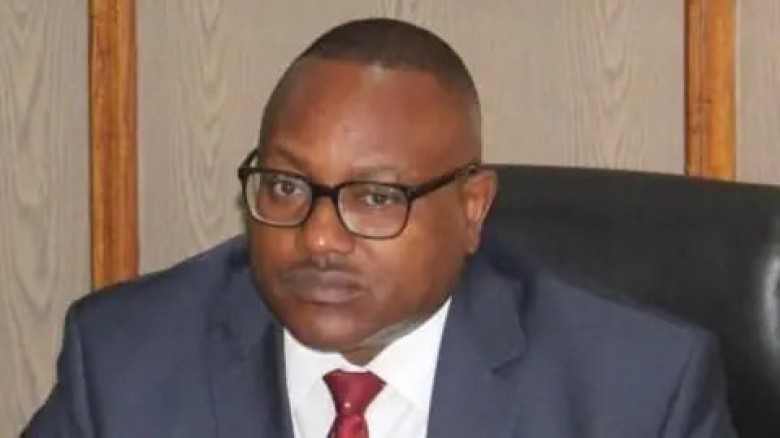

















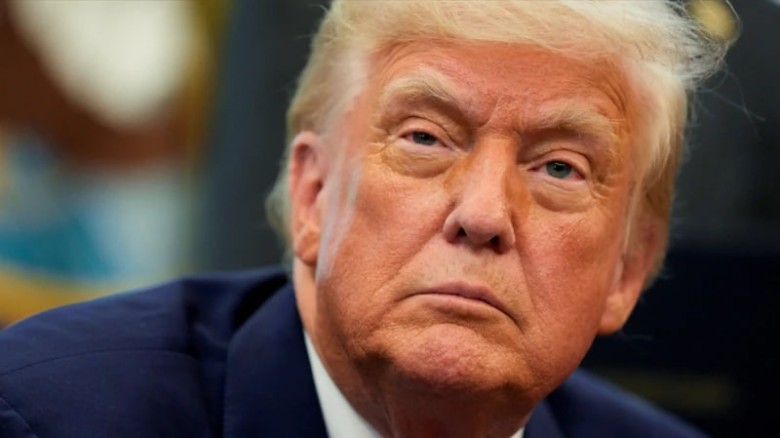


Leave A Comment